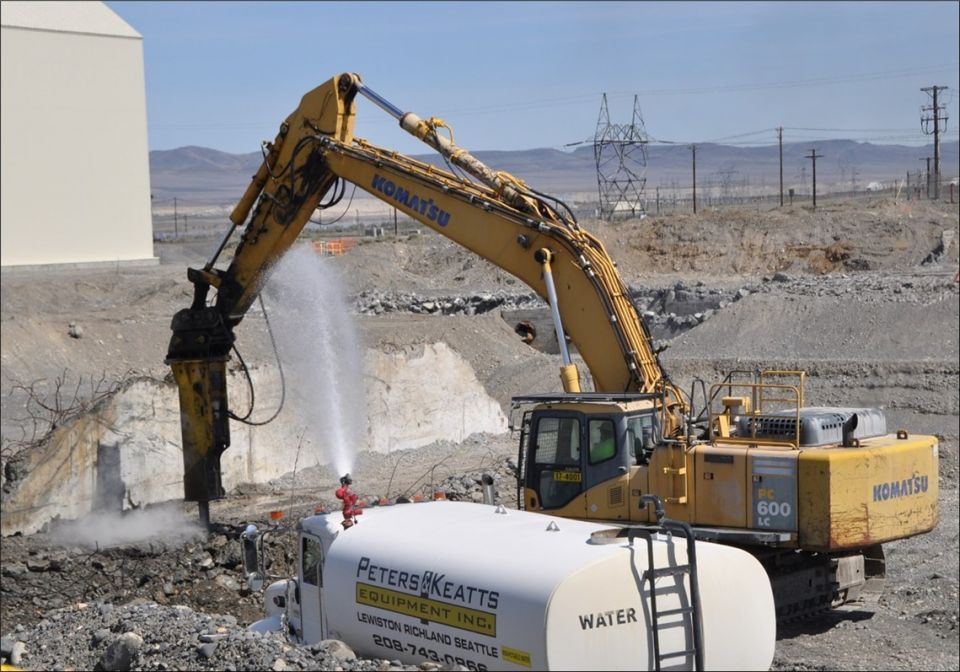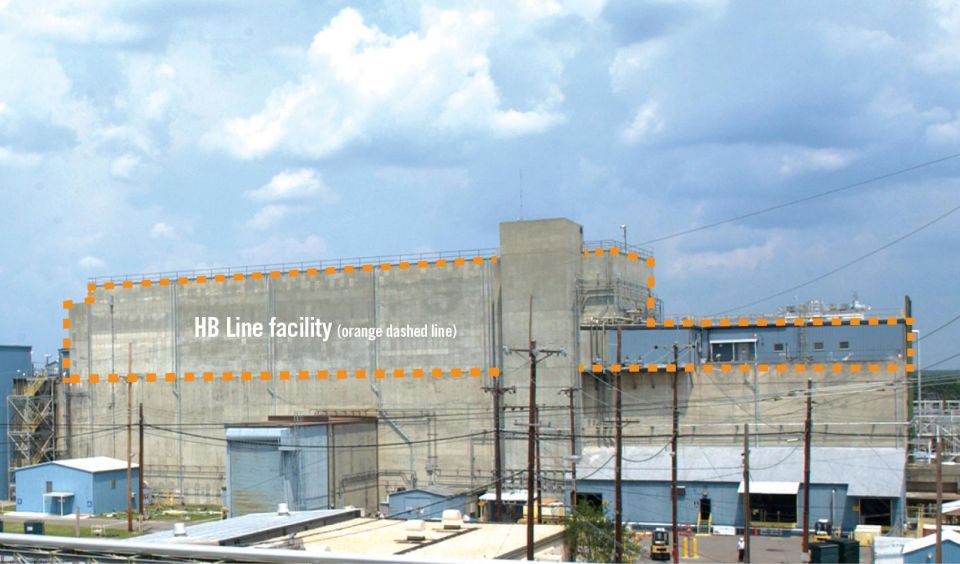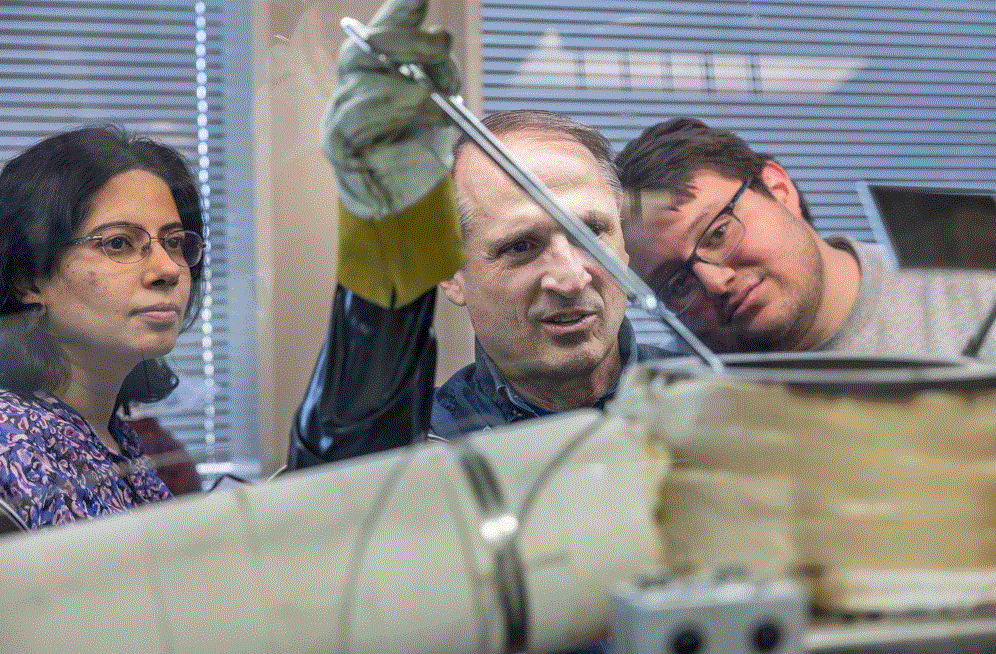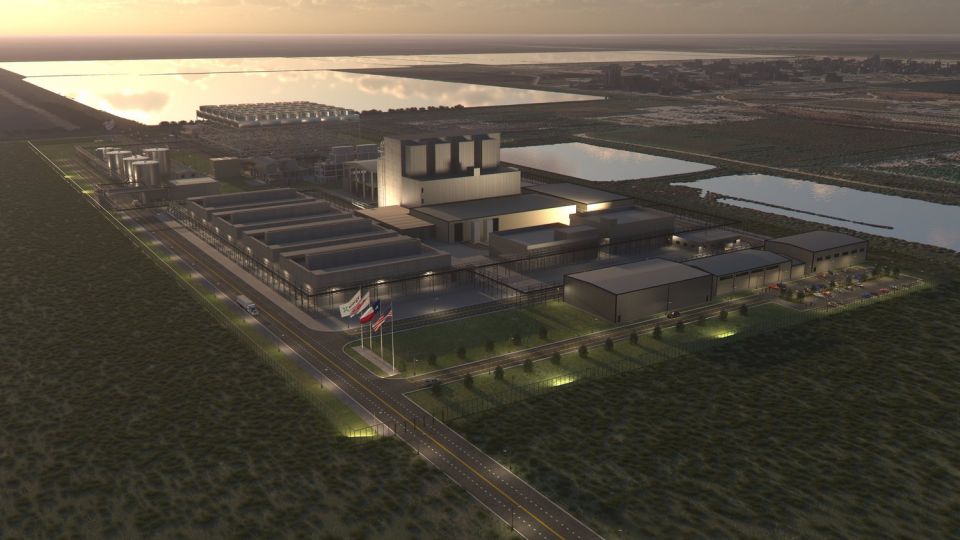Radiant secures funding, moves toward microreactor testing in INL’s DOME
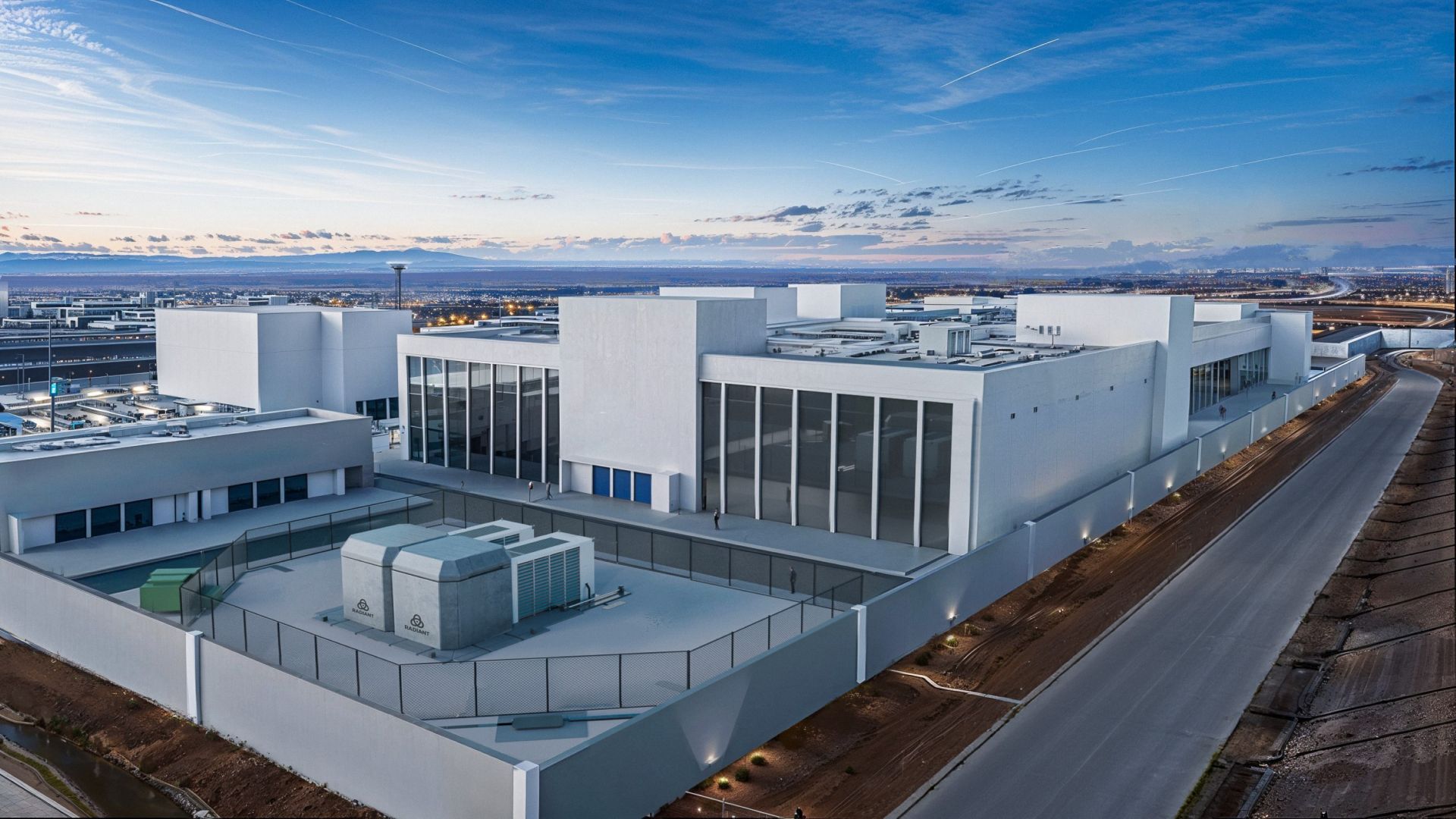
Radiant Industries has announced a $100 million Series C funding round to be used primarily to complete its Kaleidos Development Unit (KDU) microreactor for testing in Idaho National Laboratory's Demonstration of Microreactor Experiments (DOME) facility within two years.
Radiant released its funding news on November 14, the same day the Department of Energy announced the company had completed the front-end engineering and experiment design (FEEED) phase for its prototype. Five days later the DOE confirmed that Radiant and Westinghouse—which is preparing to test its eVinci microreactor—were both ready to proceed to the detailed engineering and experiment planning (DEEP) phase prior to microreactor testing in DOME.
The device: The 1-MW Kaleidos microreactor planned for testing at INL is the same design that Radiant intends to commercialize as a portable nuclear unit that can be shipped “by land, sea, or air” to a site in days. The tagline for the microreactor on the Radiant website is “a Portable Nuclear Microreactor that Replaces Diesel Generators.”
That plan is similar to the Department of Defense’s specs for Project Pele. In March 2023, Radiant partnered with Hill Air Force Base under a Small Business Innovation Research award to assess how Kaleidos reactors could provide heat and power to the base, which is located in Utah.
According to Radiant, its TRISO-fueled and helium-cooled unit would use ambient air as its ultimate heat sink and will be able to provide 1.9 MW of thermal power for facility heating and water desalination, in addition to electricity.
Radiant plans to build a factory to assemble, fuel, and test its microreactors before deployment. The company added that no excavation will be required at the deployment site, and a unit delivered by truck could achieve full power the next day. The company noted it envisions “hundreds of units” capable of autonomous operation “with data streaming back to Radiant’s centralized 24/7 fleet monitoring system to track the health of each reactor.”
Some of the funds raised will be used for factory siting and early construction efforts, as Radiant breaks ground for a factory it hopes will produce up to 50 microreactors per year.
“Our major safety test is complete, and nuclear materials are on order for fueled test readiness in 2026,” said Doug Bernauer, chief executive officer and cofounder of Radiant. “We now have the staff, hardware, and runway to deliver at the DOME, and with production commitments of more than 10 reactors through 2030, we need to move as quickly as possible.”
In DEEP: The DOE’s November 18 announcement that Radiant and Westinghouse will be receiving $5 million as they prepare their microreactor designs for testing in DOME explained that both companies will complete a Preliminary Documented Safety Analysis (PDSA) as part of the DEEP process. That PDSA, according to a November 19 post from Radiant, will represent 90 percent design completion.
In October 2023, the DOE announced three awards for microreactor testing in DOME. In addition to Radiant’s Kaleidos and Westinghouse’s eVinci, Ultra Safe Nuclear Corp. was selected to test Pylon, designed for deployment on the lunar surface. USNC filed for bankruptcy in October, but stated it expects to “maintain full operational continuity” across its projects.
Radiant’s investors: DCVC, a deep tech venture capital firm, led the Series C funding round along with new investors Felicis, Washington Harbour Partners LP, and Chevron Technology Ventures and several existing investors. The company cites total venture funding of $160 million.
Rachel Slaybaugh, partner at DCVC and a Radiant board member, said, “Radiant is developing a product that brings clean, reliable, affordable energy to locations that couldn't access it otherwise. Radiant has hit their major milestones on an impressive development timeline, giving them a leg up on commercialization, which is why we were so excited to lead this round and support Doug and the Radiant team.”


